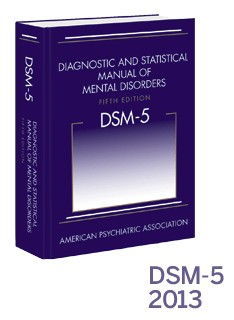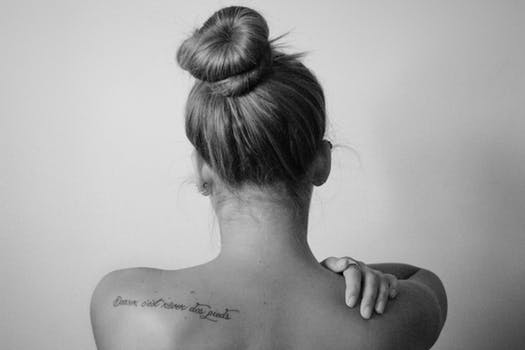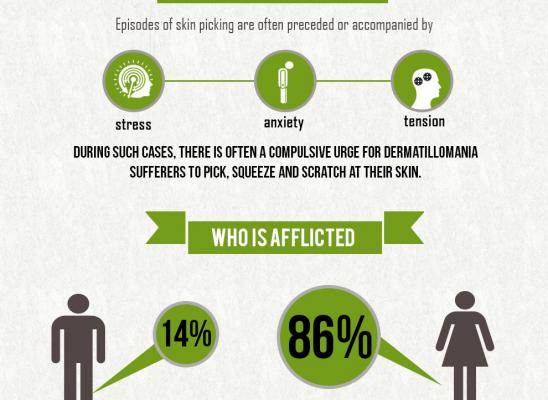What's the difference between OCD and skin picking?
Online test
Find out the severity of your symptoms with this free online test
Skin picking disorder, more formally known as excoriation disorder, is considered to be a disorder related to obsessive-compulsive disorder, but not an obsessive-compulsive disorder in itself. Skin picking can also be a symptom of obsessive-compulsive disorder, so how does one tell the difference? First, we’ll talk about the basic diagnostic criteria for each disorder, then we’ll get more specific about how to tell the difference.
(Diagnostic criteria are taken from the Diagnostic and Statistical Manual of Mental Disorders, 5th edition published by the American Psychiatric Association.)
Diagnostic criteria: Obsessive-compulsive disorder (OCD)
1. OCD is marked by the presence of obsessions, compulsions, or both.
Obsession – Recurrent or persistent thoughts, urges, or images that are intrusive, unwanted, and cause significant anxiety or distress. A person attempts to ignore or suppress them or to neutralize them with some other thought or action. Actions usually take the form of compulsions.
Compulsion – Repetitive behaviors or mental acts that a person feels driven to perform in response to an obsession or according to rigid rules. The behaviors and mental acts serve the purpose of preventing or reducing anxiety, distress or a dreaded event or situation. The behaviors and mental acts are not connected realistically with what they are supposed to neutralize or prevent, or they are clearly excessive.
2. The obsessions or compulsions are time-consuming, often more than one hour per day. They are significantly distressing and cause impairment in social, occupational, or other areas of functioning. In other words, they interfere with daily life.
3. The obsessive-compulsive symptoms are not due to physiological effects of a substance, such as drugs, or any other medical condition.
4. The obsessive-compulsive symptoms are NOT better explained by another mental disorder such as anxiety, a body-focused repetitive behavior, stereotypical movement disorder, substance use, or psychotic disorders
The onset, or when symptoms begin to manifest, of OCD is usually gradual starting in adolescence with males experiencing and earlier onset than females. If left untreated, OCD is chronic and symptoms usually get stronger and weaker at times. If it starts in childhood or adolescence, it is highly likely that it will last a lifetime. Those who have family members with OCD are twice as likely as those without relatives who have OCD to manifest symptoms themselves. Approximately 1.2% of the population is afflicted with OCD and it is often accompanied by another disorder such as anxiety or depression.
Diagnostic criteria: Excoriation disorder
Excoriation disorder is a body-focused repetitive behavior (BFRB) where someone recurrently picks at their own skin. It could be picking at healthy or unhealthy skin, scabs, lesions, pimples, or other blemishes. Most people who suffer from this disorder pick at the face, arms, and hands. Some people use tools to poke, squeeze or lance the skin. Not all body-focused repetitive skin picking will qualify as excoriation disorder.
1. Recurrent picking of the skin results in lesions.
2. A person has made several, repeated attempts to stop.
3. Skin picking causes significant distress or impairment in social, occupational or other areas of functioning. Again, it interferes with daily life.
4. The skin picking is not because of the physiological effects of a medical condition or substance.
5. It is not better explained by another mental disorder such as tactile hallucinations of a psychotic disorder, stereotypic movement disorder or nonsuicidal self-injury.
The symptoms of excoriation disorder typically start in adolescent with the onset of puberty. It is usually chronic with symptoms getting worse and getting better at times. Approximately 1.4% of the population suffers from excoriation disorder and three quarters of them are female. It usually starts some time during adolescence close to the start of puberty and is more likely to occur in people who have relatives with OCD. Other disorders usually co-occur with excoriation disorder including OCD, other body-focused repetitive behaviors, anxiety or depressive disorders.
Differences between OCD and skin picking disorder
Both of these disorders cause distress and on key feature of both of them before they can be properly diagnosed is that it causes significant impairment. People who struggle with OCD or excoriation disorder spend a lot of time, several hours per day on their obsessions or compulsions. It interferes with going to school or work, maintaining friendships or relationships, and hobbies. Despite trying to stop, nothing works.
The main difference is that people with excoriation disorder who pick the skin are often triggered by stress, boredom, or tension and the skin picking alleviates the stress, boredom, or tension. Some report it results in relief, gratification or pleasure, others do not. Most people do it in private and experience negative feelings of embarrassment or shame if others notice it. The picking of the skin is primary, on its own, not a result of an obsession. In OCD, if there is skin picking, it is in response to an obsession or compulsion and the obsession or compulsion does not go away.
The diagnostic criteria state that each disorder is chronic and some people report that symptoms never truly go away, but only managed. Others report being able to manage symptoms to the point where they are gone. Either way, treatment is available for both and support is available.
Online test
Find out the severity of your symptoms with this free online test
Start your journey with SkinPick
Take control of your life and find freedom from skin picking through professional therapy and evidence-based behavioral techniques.
Start Now



